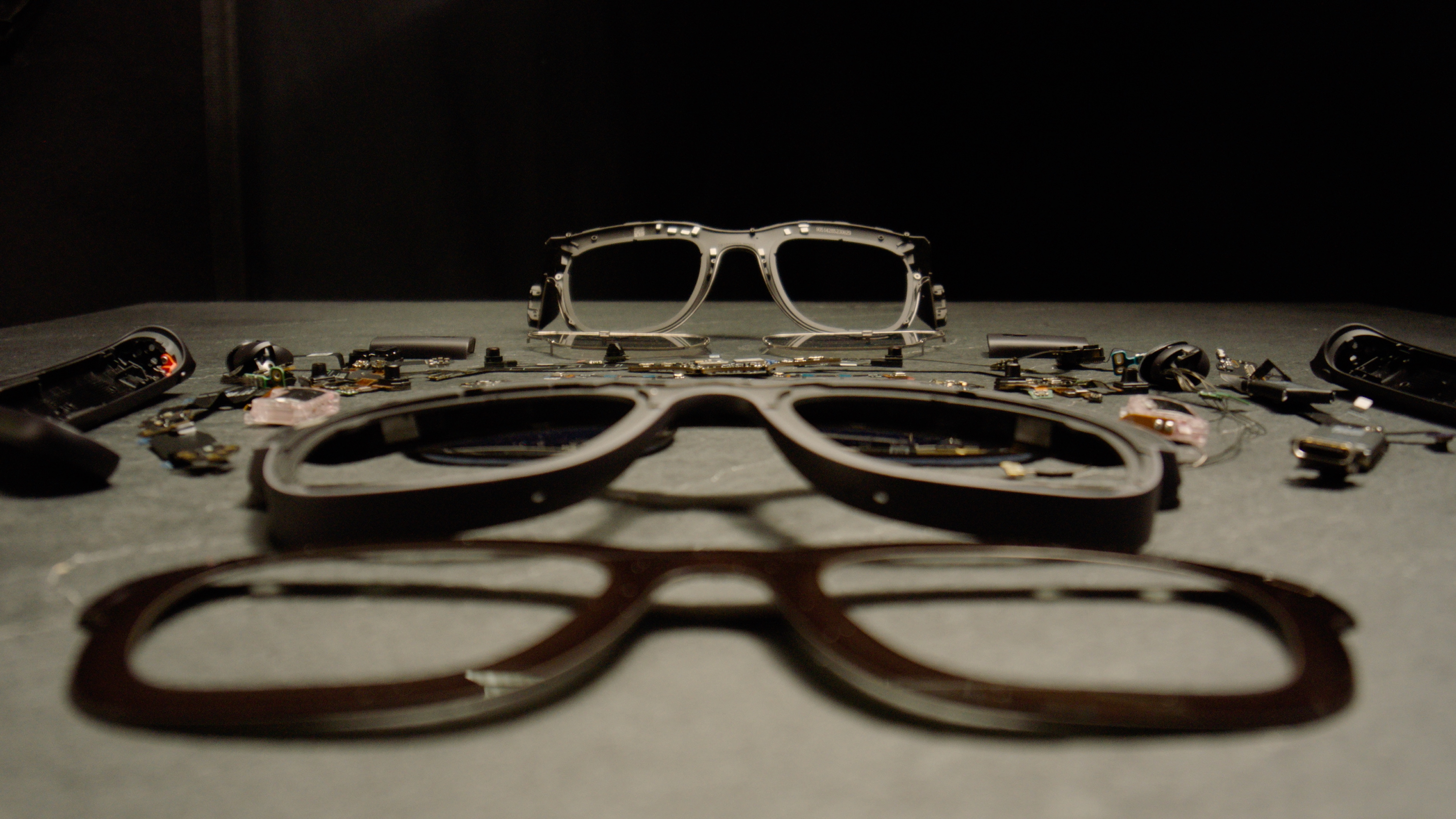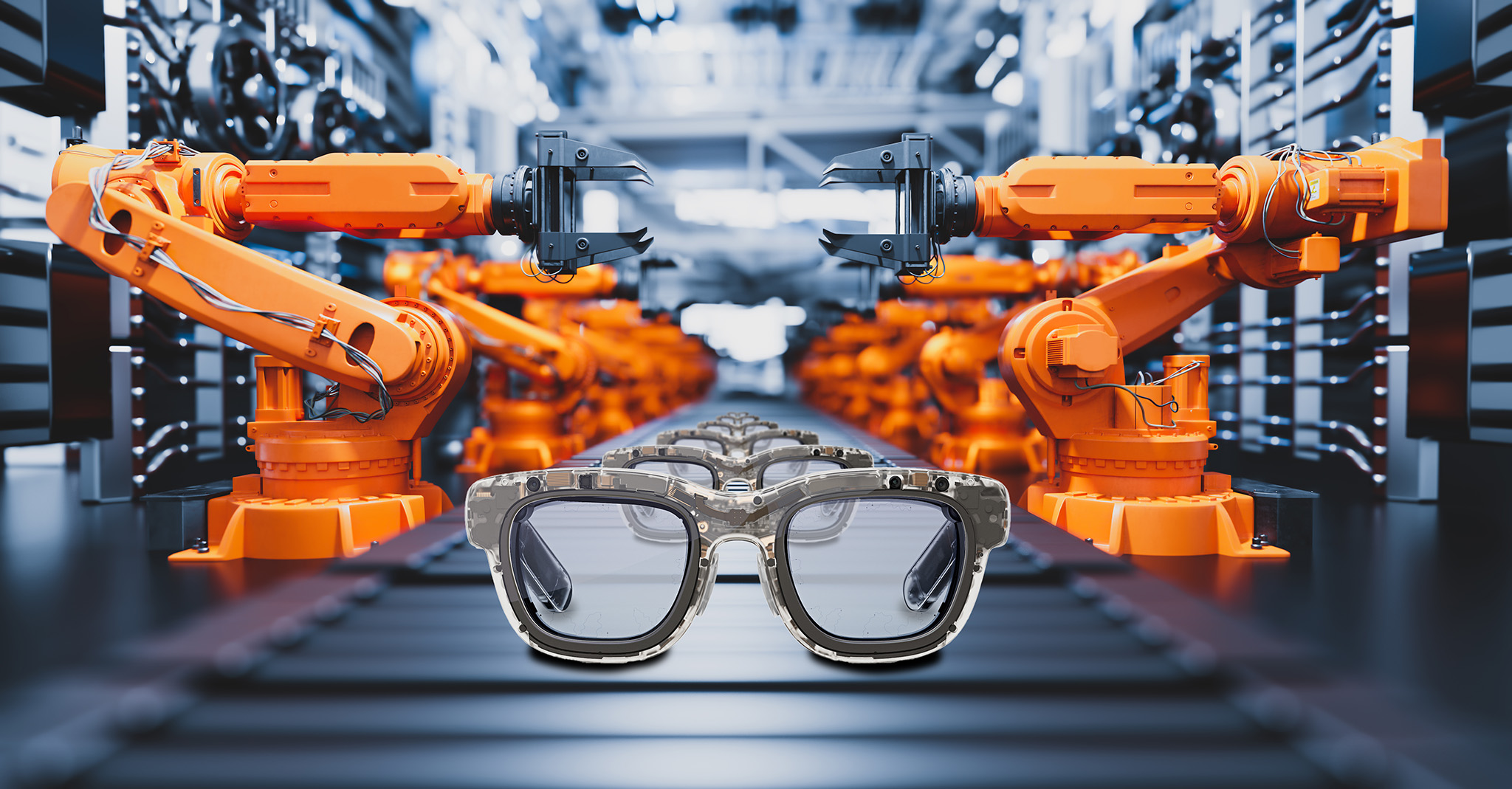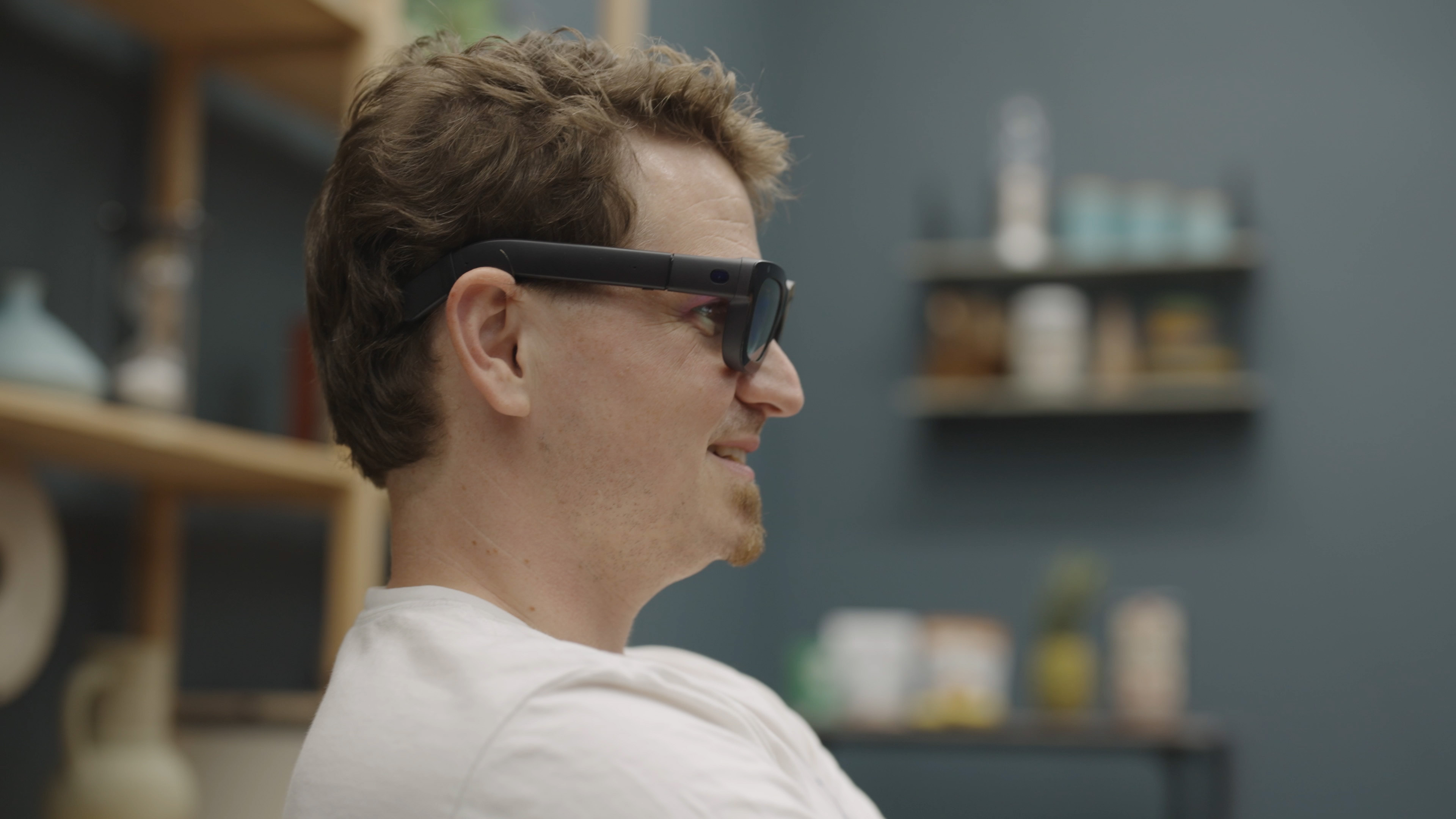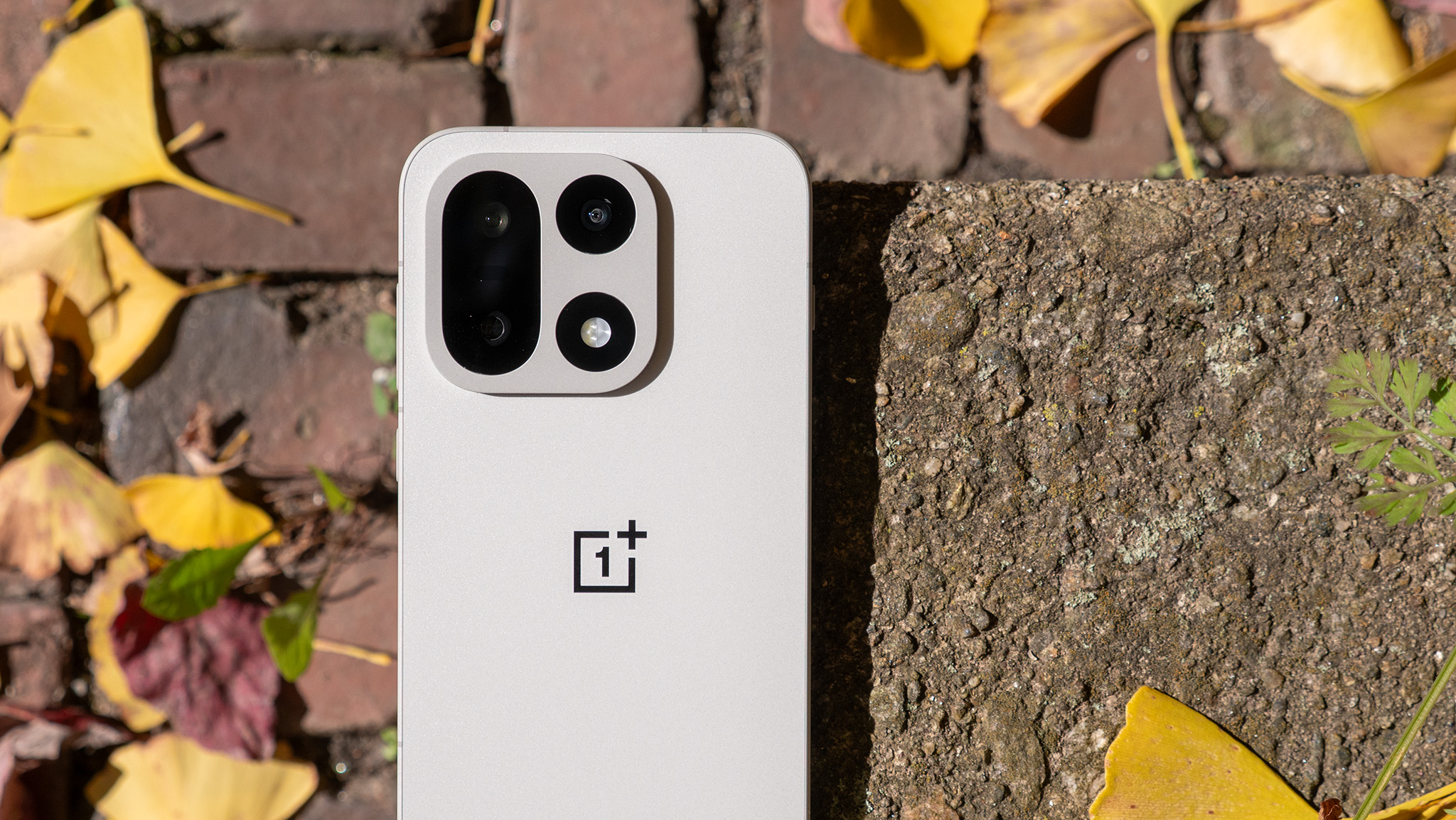Meta's smart glasses ambitions just got supercharged by the US government
A huge partnership with Luckey Palmer's Anduril ensures that smart glasses are about to get a big rollout.

It's no secret that Meta has poured tens of billions into R&D for VR and AR devices. Since acquiring Oculus in 2014, the company has produced nearly a dozen different VR headsets, and while VR's commercial success is tepid when compared to smartphones, Meta's ambitions always went beyond becoming the next PlayStation or Nintendo.

In his weekly column, Android Central Senior Content Producer Nick Sutrich delves into all things VR, from new hardware to new games, upcoming technologies, and so much more.
A new partnership with Anduril, a company founded by Palmer Luckey, who was also the founder of Oculus VR, ensures that Meta's ambitions see fruition in the near future. That's because this goes beyond mere commercial or gaming products and, instead, is geared right toward the U.S. government and military, which scoffs at the idea of spending tens of billions on any given day.
Anduril's press release notes that technologies that will be delivered have "been funded through private capital, without taxpayer support, and [are] designed to save the U.S. military billions of dollars by utilizing high-performance components and technology originally built for commercial use."
That last part is the most important. It signals to me that the money Meta Reality Labs has spent over the past decade will finally receive the public justification that Mark Zuckerberg has been seeking, and the expansion provided by new government projects will transform R&D projects like Meta Orion into fully commercialized counterparts.
Roll out the assembly line

The last two years have seen a significant increase in the availability and demand for smart glasses. I would argue that 2023's Ray-Ban Meta Smart Glasses were the first smart glasses product that made any real waves in the sector, and even then, that didn't even happen until Meta AI support was rolled out six months after launch.
Now, we're looking at a year where we could see a third-generation Ray-Ban Meta release alongside a new pair of Google AR glasses, as well as a smattering of other companies, such as Xreal.
However, none of these glasses appear to be as advanced as Meta Orion, which felt very much like a pair of glasses with a Meta Quest headset somehow crammed inside. Of course, there's a very good reason for that: cost. In an in-depth interview last October, Meta CTO Andrew Bosworth noted that production-level Orion glasses would cost $10,000 a pair if Meta started selling them last Fall.
Get the latest news from Android Central, your trusted companion in the world of Android
What better way to fund expensive assembly lines than with the help of seemingly unlimited military budgets?
That's because the technology to mass-produce something like Orion simply doesn't exist. It could be built, yes, but it would cost billions to do it, and that cost would have to be passed on to the consumer in the form of $10,000 glasses that only a few rich enthusiasts would be able to justify.
So, what better outlet to fund this eventual road to commercialization than the U.S. government, and more specifically, the U.S. military? After all, the 2025 fiscal budget alone for the Department of Defence amounts to $849.8 billion, or roughly 14 times what Meta has spent on R&D over the past decade.
The military won't be terribly concerned with $10,000 glasses if they can finally achieve the goal Microsoft's Integrated Visual Augmentation System (IVAS) project tried to achieve in 2021 for the cost of around $20 billion. Anduril took over that contract this year in February, and now it's partnering with Meta to ensure its cutting-edge AI-powered software is backed by Meta's bleeding-edge AR hardware.

Palmer Luckey's return to working with Meta is only one part of the miracles that had to occur for this future to pan out. Luckey was fired from Facebook two years after the company acquired his Oculus VR company, likely due to political reasons. "The people who ousted me, who orchestrated my destruction, who seized my baby from me, are not even at Meta anymore," Luckey said in an interview last month.
This made it possible for Luckey and Zuckerberg to form a new partnership that would benefit both of them, helping to bridge the gap between AR and VR technologies that Luckey had created with those that Meta has funded since he departed from the company nearly a decade ago.
Better yet, Luckey notes that these new headsets will be entirely made in America, yet another miracle that seemed impossible in an electronics industry almost entirely dependent on China.
Palmer Luckey's return to Meta's good graces ensures something huge is on the horizon.
In fact, the partnership appears to encompass all of Meta's Reality Labs experiments, including Meta AI and its associated components. "The collaboration builds on Meta's existing Reality Labs investments and its work supporting adoption of its Llama open source AI models for national security uses by the U.S. and its closest allies."
Once the assembly lines are built and resources are in place, it's a clear road to the affordable, American-made smart glasses that were once a part of science fiction. It could even be the path to something far greater than smart glasses, if all the right resources are in place to move more manufacturing to the U.S.
At the very least, it's the path that Zuckerberg can use to claim he's been right all along, amidst the visionless stock market investors who have complained their way through the last decade of Reality Labs' spending.

You must confirm your public display name before commenting
Please logout and then login again, you will then be prompted to enter your display name.
